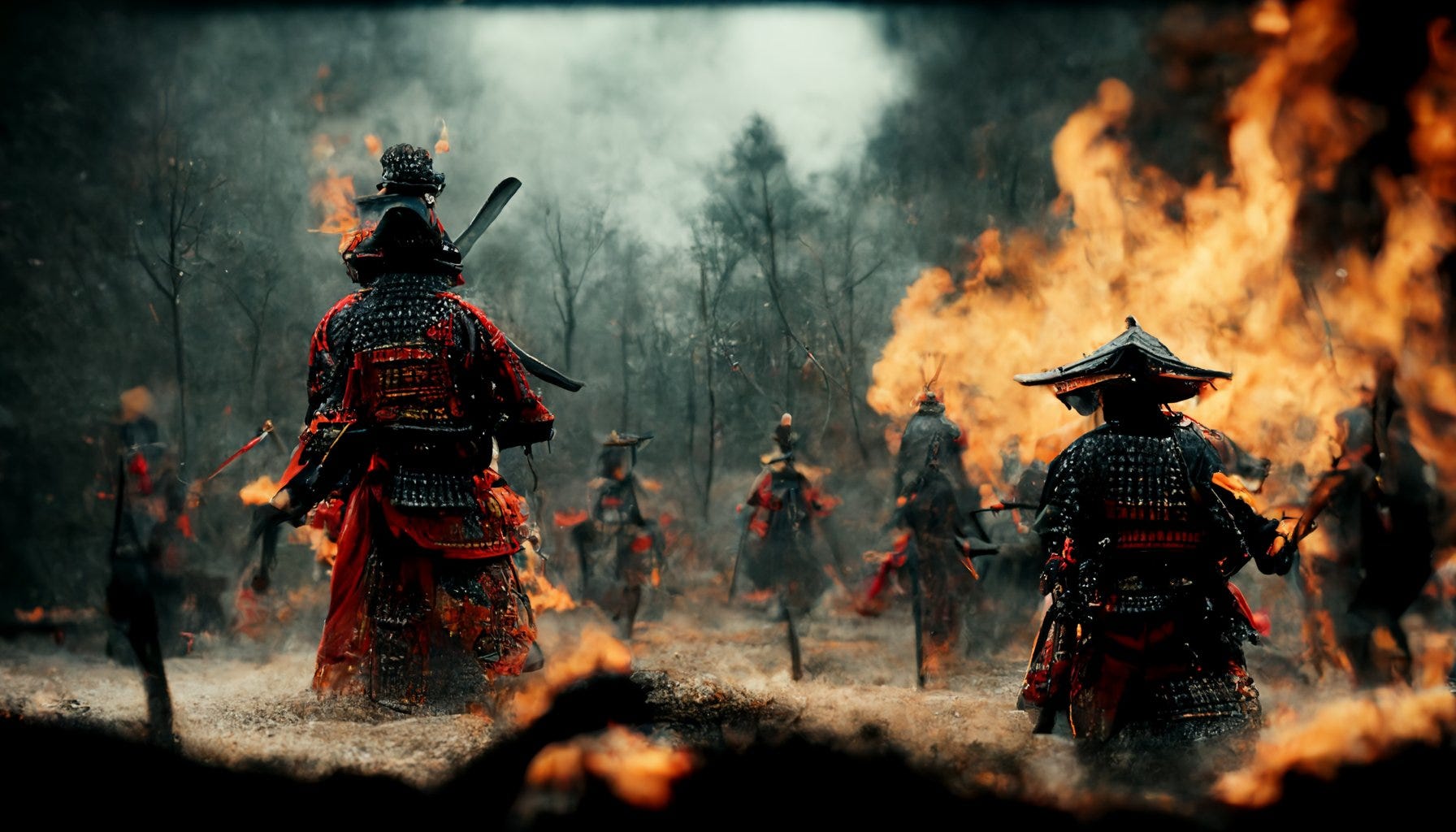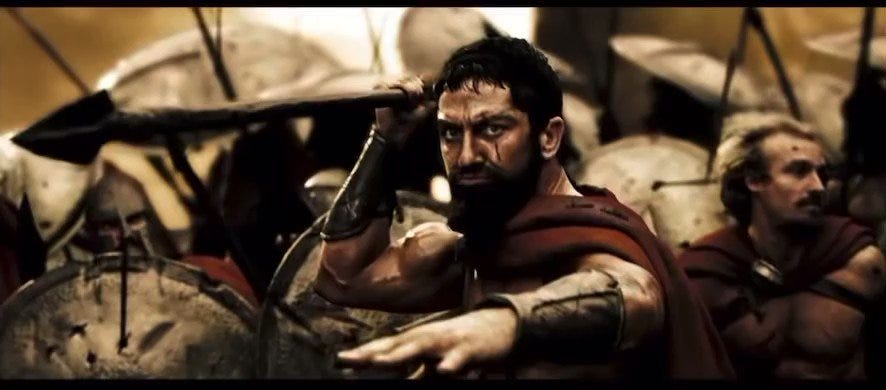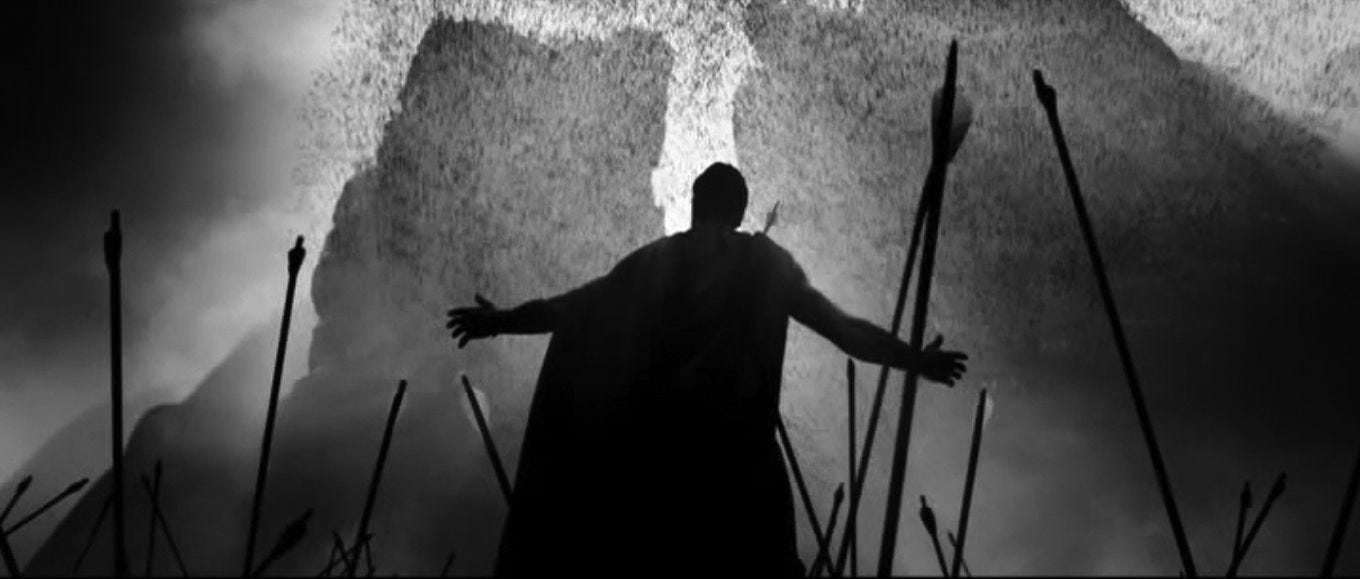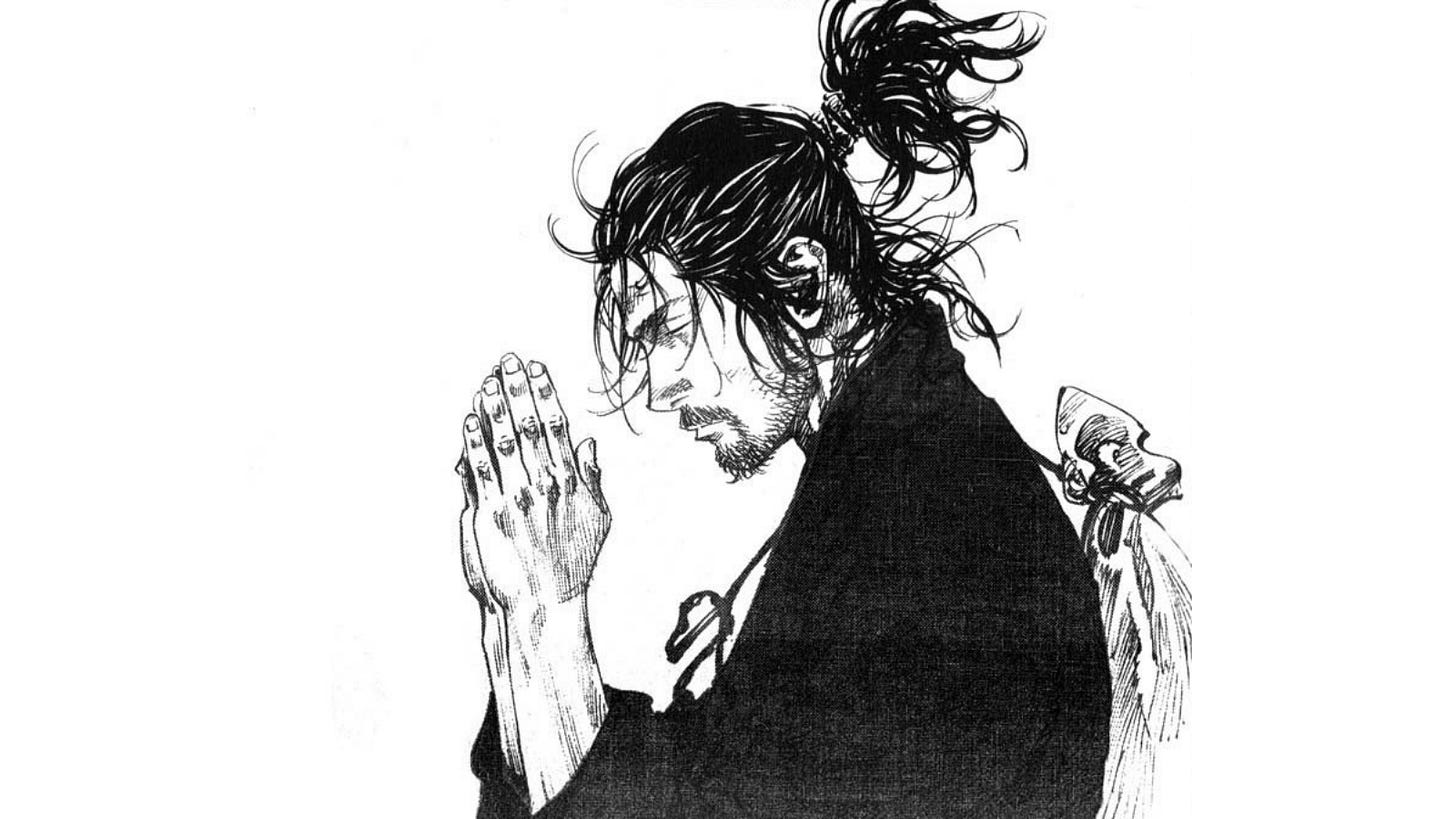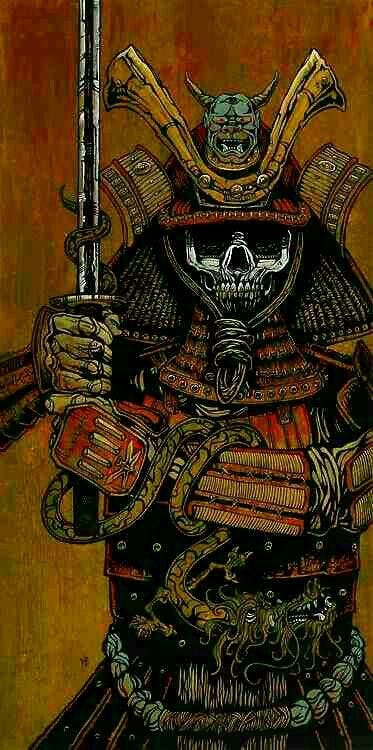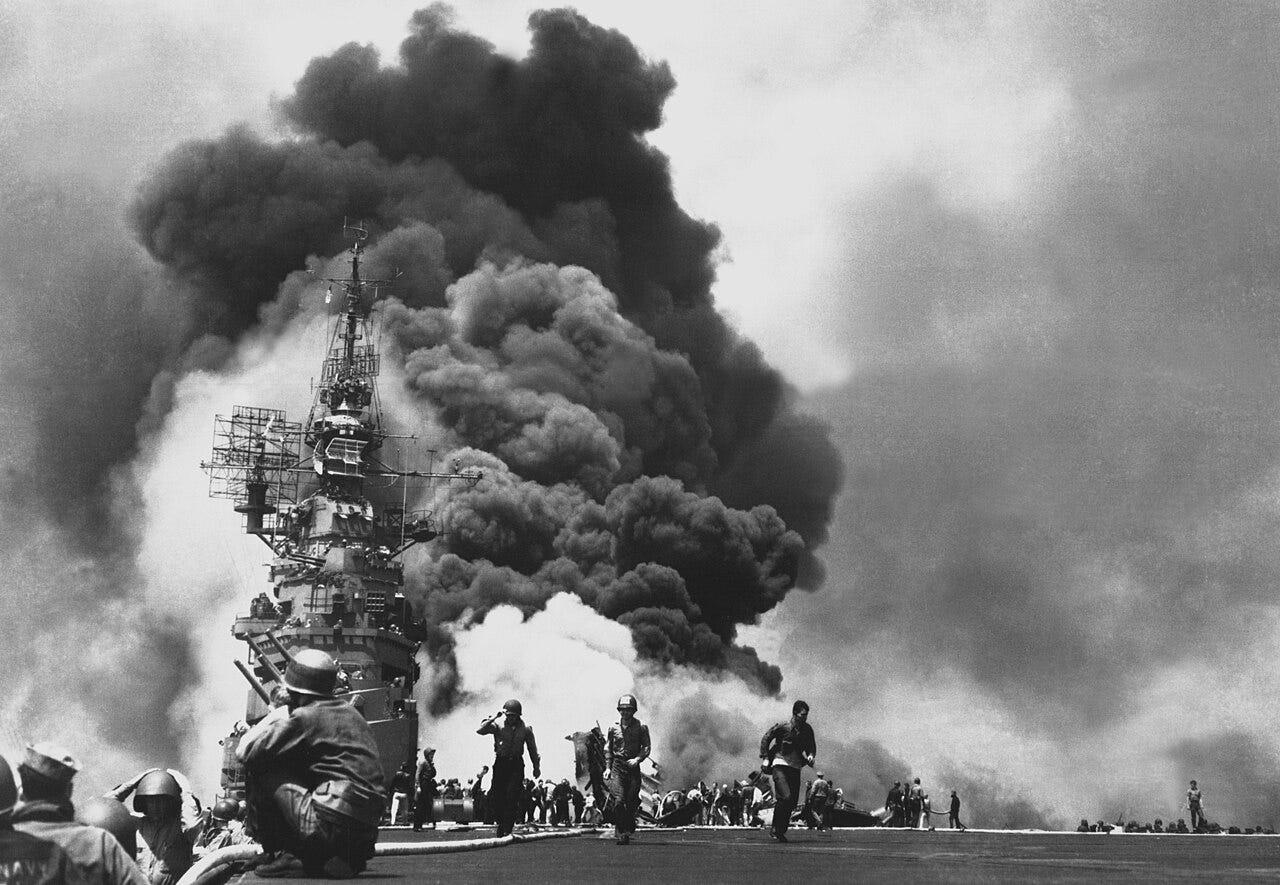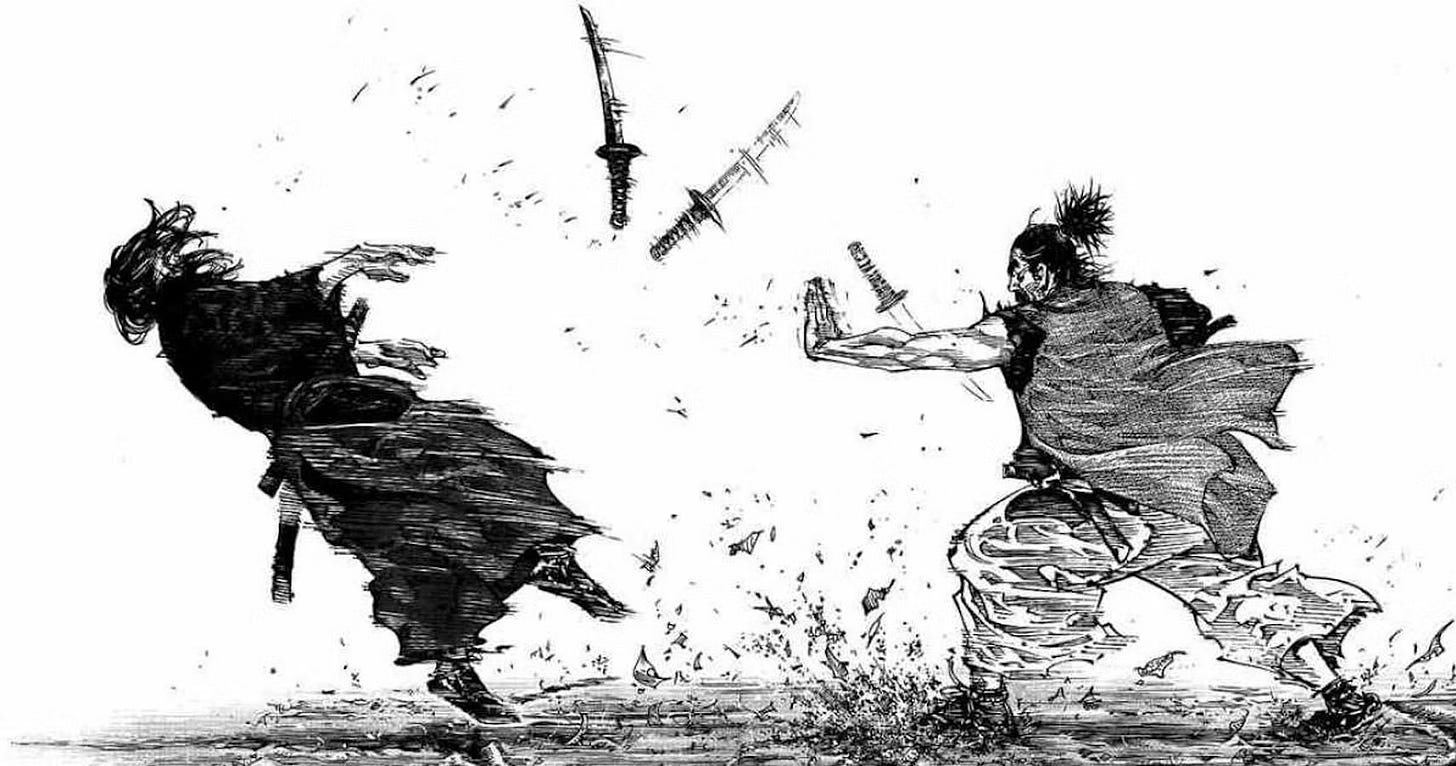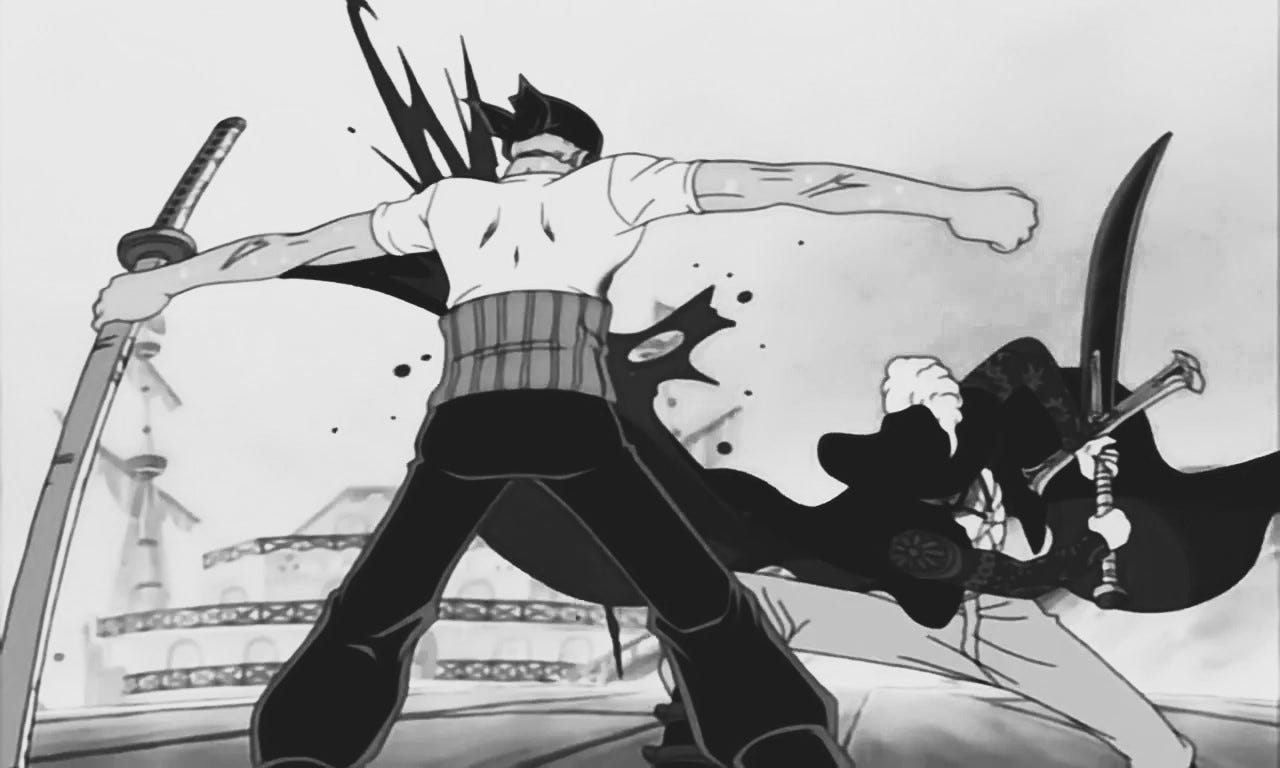“A warrior should not say something fainthearted, even casually. He should set his mind to this beforehand. Even in trifling matters, the depths of one’s heart can be seen.”
—Yamamoto Tsunetomo, Hagakure, from the 1st Chapter (translated by W.S. Wilson ed. 2012)
Whetting the steel
The following will be an Ode (and perhaps somehow an Oath) to the Orient; specifically Japan, specifically Bushido, specifically the samurai. Specifically the hard charging clan for which the book Hagakure was written (long live the clan!).
The following selections — excerpts, verses and passages — are taken from William Scott Wilson’s stellar translation of Hagakure. The shambhala 2012 (after the man already translated it in 1979,2022) edition, with a NEW introduction. Couple reasons why.
First, I just like the man, and the work he does. On a whim I just picked up this edition, and from thereafter I picked up multiple of his works on Japanese lore. He’s not only a Japanophile, but he’s a scholar. The man got chops. He knows what he’s doing and his love for the lore and work shines through. It comes from passion. I like to read passion. I like to absorb it.
Second, the “fresh” introduction demystifies, and orients the reader in a very certain way, that makes you read the whole Hagakure book differently—albeit maybe just a bit; or depending who you are or what phase of life you’re in, completely different. How? He explains death, self-death, something akin to the modern “ego”/self death. Of and about which there is much talk about, which is a topic for another time.
What Wilson meant, and I concur, Death doesn’t have to be literal.
“The mystic has to die a thousand times..”
Death can be symbolic. Figuratively. A death philosophy will set you free; because life is innately dualistic; meaning everything has another side to it. Like a coin. The coin of life, or death, depending on how you look at it. A death philosophy sets you free, because it sets you on a cataclysmic course how to live. Like the ancients said the most important thing to do in life is to acquire and learn ars moriendi, the art of dying. Honestly, again for another time, succinctly tied to Socratic becoming, Kierkegaardian “existentialism” (he’d roll over in his grave if he heard me use these labels on him, he didn’t like em, he’s my G), and Nietzschean “become who you are” — which ties back to Tao Te Ching and Lao Tzu and thus the orient.
“You have to let go who you are in order to become who you’re meant to be.”
—Tao Te Ching
“There is nothing in a caterpillar that tells you it's going to be a butterfly.”
—Buckminster Fuller.
Note. Last note on this. In Tarotistry if you pull the Death-card, it doesn’t mean you’re going to die. It’s not literal. It’s symbolic, again. It just means a change is gonna come. It means your life is about to be transformed. You’re about to transform. You’re gonna be thrown in the whirlwind, to the wolves, you’re gonna come out the other side, completely unraveled, disillusioned, for the better or worse; you’re gonna change.
Change is the only constant..
You have to change in order to stay the same.
“Throughout your life, advance daily, becoming more skillful than yesterday. more skillful than today. This is never-ending.”
The original Hagakure has more than thirteen hundred entries; the translation hand-selects merely three hundred, what Wilson believes to be the core. (I have read the other translations, just a bit — and there I’ve found some other interesting verses … yes the game is afury; the Hagakurian Hunt for all the most powerful passages..).
“The philosophy of Hagakure represents an attitude far removed from our modern pragmatism and materialism. Its appeal is intuitive rather than rational, and one of its prime suppositions is that a person can go anywhere he likes by means of simple cerebration. Intuition based on sincerity and moral guidance leads one back to the bedrock. It has nothing to say about either time or profit, nor does it prescribe aimless contemplation of the Void. One lives in the world and must contend with the circumstances and the people therein. The issue is where one plants his feet.”
—W.S. Wilson, from the preface of Hagakure (2012).
The Selection: From the First Chapter
If someone were to ask, “What is the true meaning of the Way of the Samurai?” the person who would be able to answer is rare. This is because it has not been established in one’s mind beforehand. From this, one’s unmindfulness of the Way can be known.
Negligence is an extreme thing.

The Way of the Samurai is found in death. When it comes either/or, there is only the quick choice of death. It is not particularly difficult. Be determined and advance. To say that dying without reaching one’s aim is to die a dog’s death is the frivolous way of sophisticates. When pressed with the choice of life or death, it is not necessary to gain one’s aim.
We all want to live. And in large part we make our logic according to what we like. But not having attained our aim and continuing to live is cowardice. This is a thin dangerous line. To die without gaining one’s aim is a dog’s death and fanaticism. But there is no shame in this. This is the substance of the Way of the Samurai. If by setting one’s heart right every morning and evening, one is able to live as though his body were already dead, he gains freedom in the Way. His whole life will be without blame, and he will succeed in his calling.
Everything in this world is but a marionette show.
It is said that Master Yagyū [Munenori] once remarked, “I do not know the way to defeat others, but the way to defeat myself.”
Throughout your life, advance daily, becoming more skillful than yesterday. more skillful than today. This is never-ending.
Matters of great concern should be treated lightly.
Matters of small concern should be treated seriously.
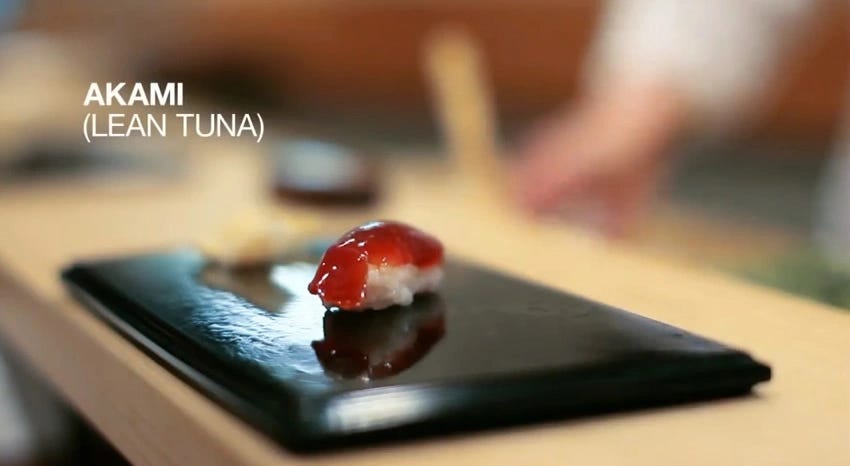
A man who has never once erred is dangerous.
No matter if the enemy has thousands of men, there is fulfillment in simply standing them off and being determined to cut them all down, starting from one end. You will finish the greater part of it.
Above all, the Way of the Samurai should be in being aware that you do not know what is going to happen next, and in querying every item day and night. Victory and defeat are matters of the temporary force of circumstances. The way of avoiding shame is different. It is simply in death.
Even if it seems certain that you will lose, retaliate. Neither wisdom nor technique has a place in this. A real man does not think of victory or defeat. He plunges recklessly towards an irrational death. By doing this, you will awaken from your dreams.
If you want to go hyper hard while reading this, listen to this.1
A samurai will use a toothpick even though he has not eaten. Inside the skin of a dog, outside the hide of a tiger.
Every morning, the samurai of fifty or sixty years ago would bathe, shave their foreheads, put lotion in their hair, cut their fingernails and toenails, rubbing them with pumice and then with wood sorrel, and, without fail, pay attention to their general appearances. It goes without saying that their armor in general was kept from rust, that it was dusted, shined, and arranged.
Although it seems that taking special care of one’s appearance is similar to showiness, it is nothing akin to elegance. Even if you are aware that you may be struck down today and are firmly resolved to an inevitable death, if you are slain with an unseemly appearance, you will show your lack of previous resolve, will be despised by your enemy and will appear unclean. For this reason it is said that both old and young should take care of their appearance.
Although you say that this is troublesome and time-consuming, a samurai’s work is in such things. It is neither busy-work nor time-consuming. In constantly hardening one’s resolution to die in battle, deliberately becoming as one already dead, and working at one’s job and dealing with military affairs, there should be no shame. But when the time comes, a person will be shamed if he is not conscious of these things even in his dreams, and rather passes his days in self-interest and self-indulgence. And if he thinks that this is not shameful, and feels that nothing else matters as long as he is comfortable, then his dissipate and discourteous actions will be repeatedly regrettable.
There is something to be learned from a rainstorm. When meeting with a sudden shower, you try not to get wet and run quickly along the road. But doing such things as passing under the eaves, you still get wet. When you are resolved from the beginning, you will not be perplexed, though you still get the same soaking. This understanding extends to everything.
In China there was once a man who liked pictures of dragons, and his clothing and furnishings were all designed accordingly. His deep affection for dragons was brought to the attention of the dragon god, and one day a real dragon appeared before his window. It is said he died of fright. He was probably a man who always spoke big words but acted differently when facing the real thing.
Although the Mean is the standard for all things, in military affairs a man must always strive to outstrip others. According to archery instructions the right and left hands are supposed to be level, but the right hand has a tendency to go higher. They will become level if one will lower the right hand a bit when shooting. In the stories of the elder warriors it is said that on the battlefield if one wills himself to outstrip warriors of accomplishment, and day and night hopes to strike down a powerful enemy, he will grow indefatigable and fierce of heart and will manifest courage. One should use this principle in everyday affairs too.
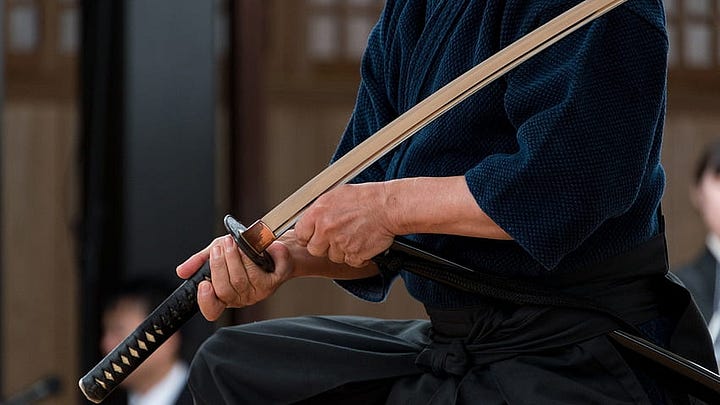



A samurai’s word is harder than metal. Once I have decided something, not even the gods can change it.
The Way of the Samurai is in desperateness. Ten men or more cannot kill such a man. Common sense will not accomplish great things. Simply become insane and desperate.2
In the Way of the Samurai, if one uses discrimination, he will fall behind. One needs neither loyalty nor devotion, but simply to become desperate in the Way. Loyalty and devotion are of themselves within desperation.
The more water, the higher the boat.

First intention, then enlightenment.
It is said that even after one’s head has been cut off, he can still perform some function.
In the words of the ancients, one should make his decision within the space of seven breaths. Lord Takanobu said, “If discrimination is long, it will spoil.” Lord Naoshige said, “When matters are done leisurely, seven out of ten will turn out badly. A warrior is a person who does things quickly.”
When your mind is going hither and thither, discrimination will never be brought to a conclusion. With an intense, fresh and undelaying spirit, one will make his judgments within the space of seven breaths. It is a matter of being determined and having the spirit to break right through to the other side.
Seven times down, eight times up.
Note. The pattern of the number “seven”.
For a samurai, a simple word is important no matter where he may be. By just one single word martial valor can be made apparent. In peaceful times words show one's bravery. In troubled times, too, one knows that by a single word his strength or cowardice can be seen. This single word is the flower of one's heart. It is not something said simply with one's mouth.
A warrior should not say something fainthearted even casually. He should set his mind to this beforehand. Even in trifling matters the depths of one's heart can be seen.
When on the battlefield, if you try not to let others take the lead and have the sole intention of breaking into the enemy lines, then you will not fall behind others, your mind will become fierce, and you will manifest martial valor. This fact has been passed down by the elders. Furthermore, if you are slain in battle, you should be resolved to have your corpse facing the enemy.
There is a certain priest who is said to be able to get everything accomplished by means of his cleverness. There is not a monk in Japan today who can oppose him. This is not the least bit strange. There is simply no one who sees through to the foundation of things.

We’ve reached the end of this Hidden Fury Selection from the First Chapter. The first chapter is the biggest. Spanning about thirty per cent of the whole book, roughly a third. Therefore, the future selections, sequels to this one, will be more sparse.
If you want to support The Fury’s Guild and read more short samurai passages, check out my book.
The rest of the other Fury’s Hidden Selections:
Literally translated from Japanese, the samurai term: Shinigurai. Meaning: to leap in the jaws of death. Perhaps expanded in a future piece.




